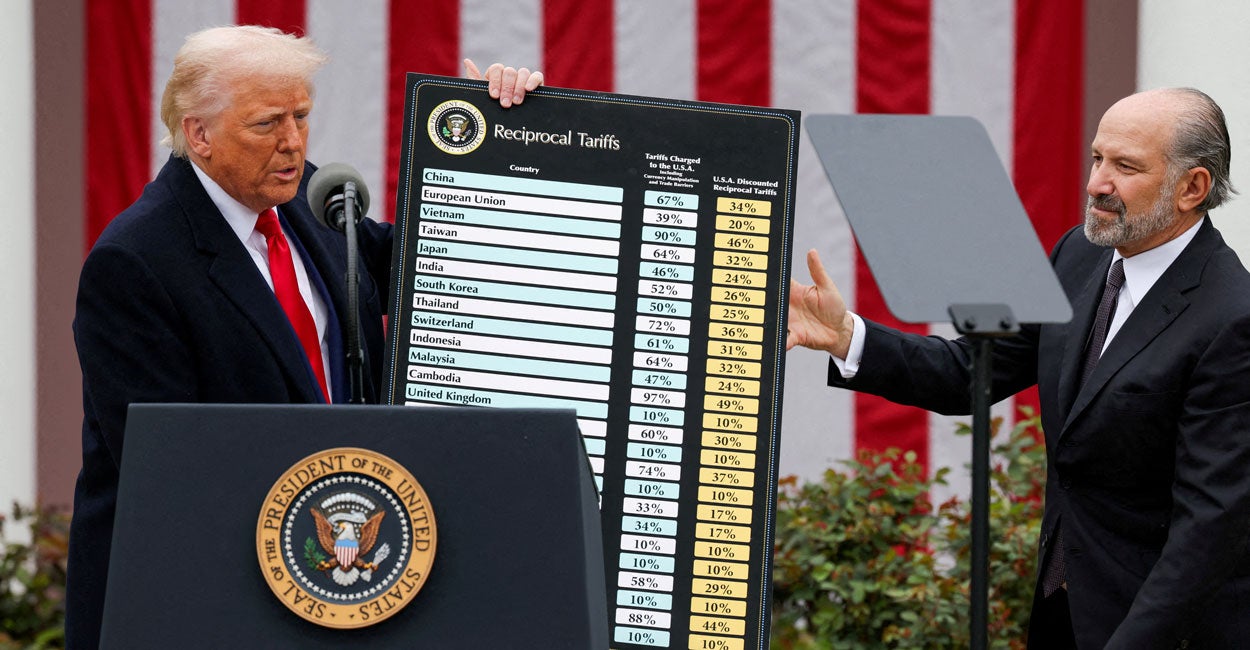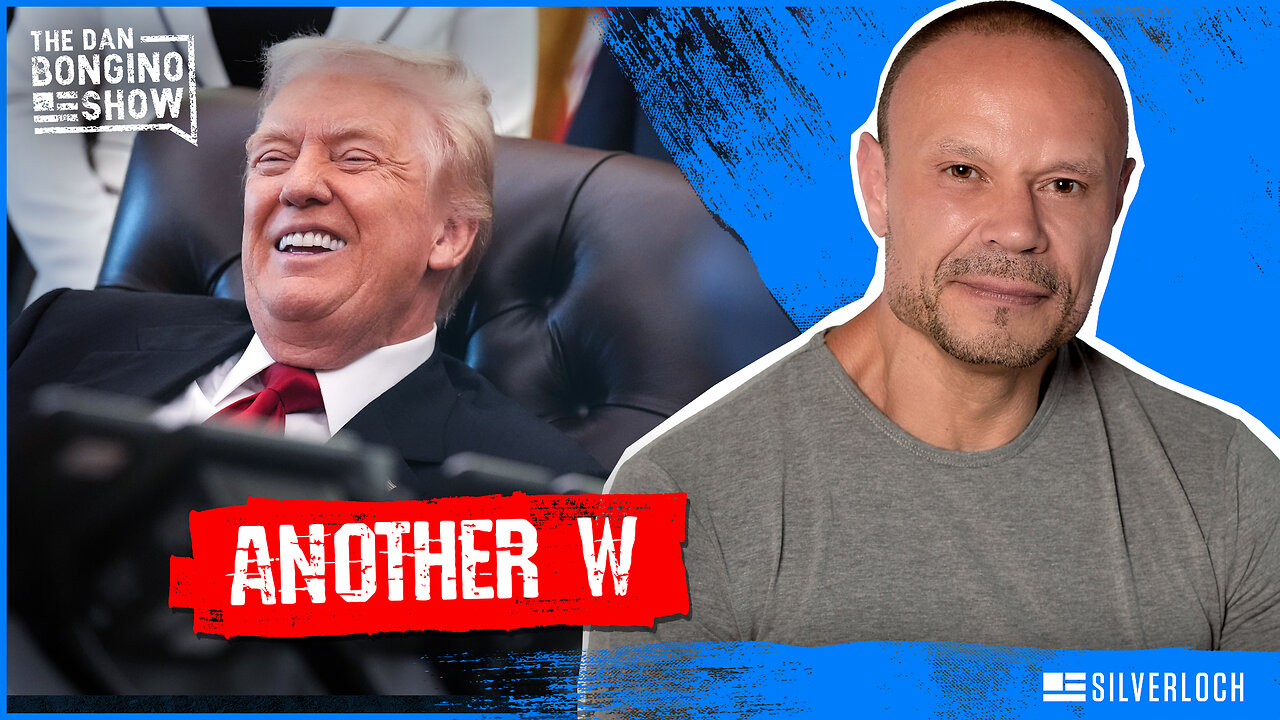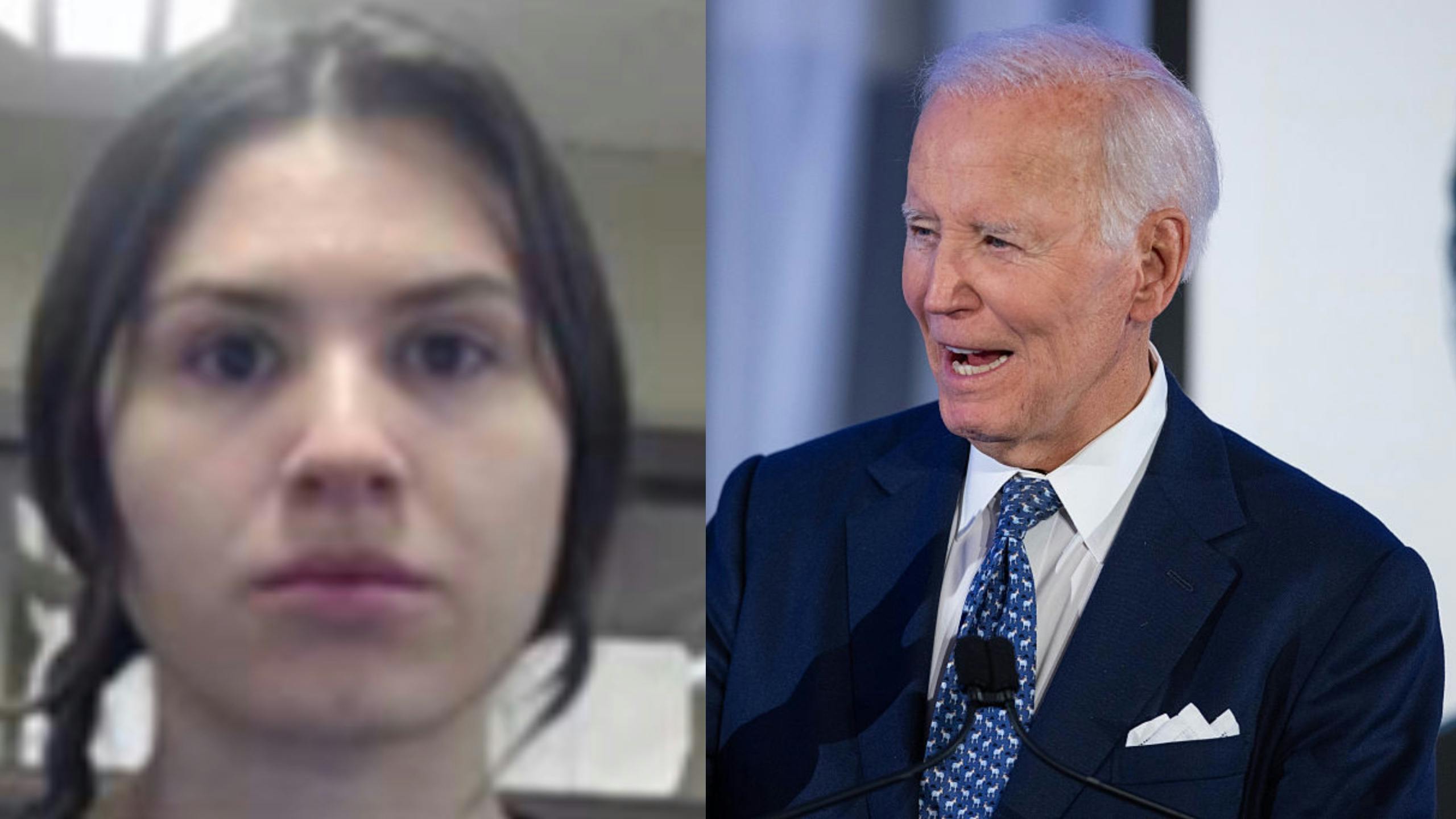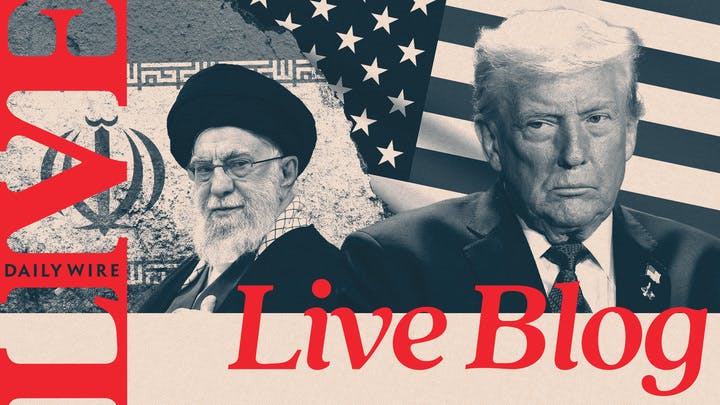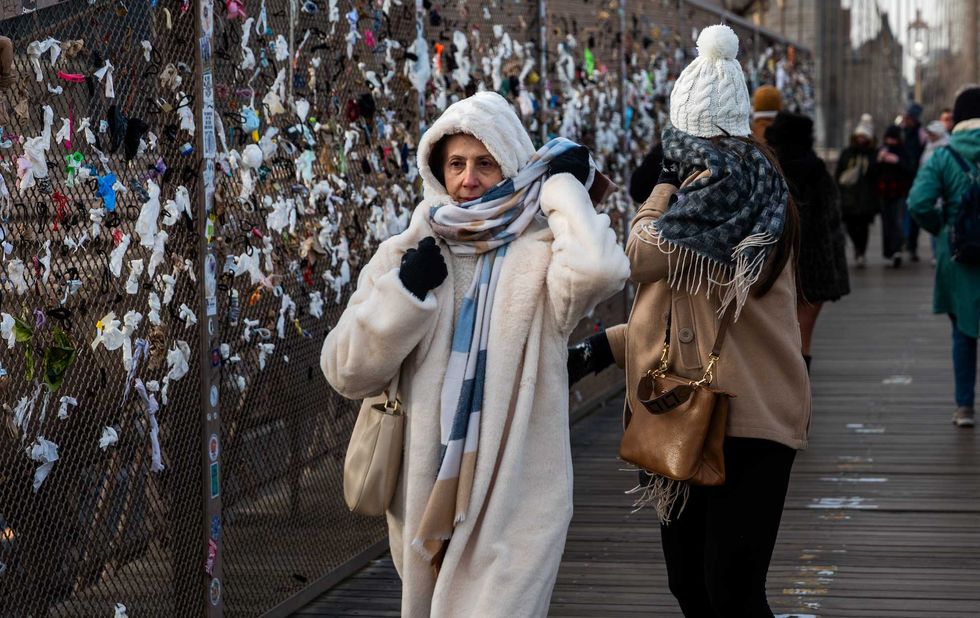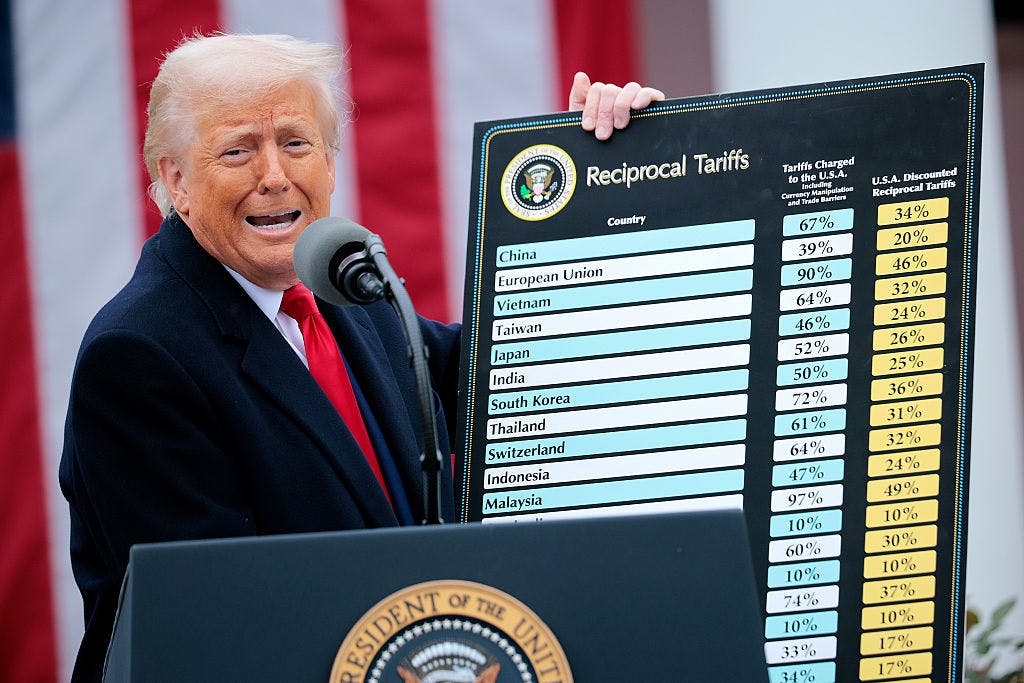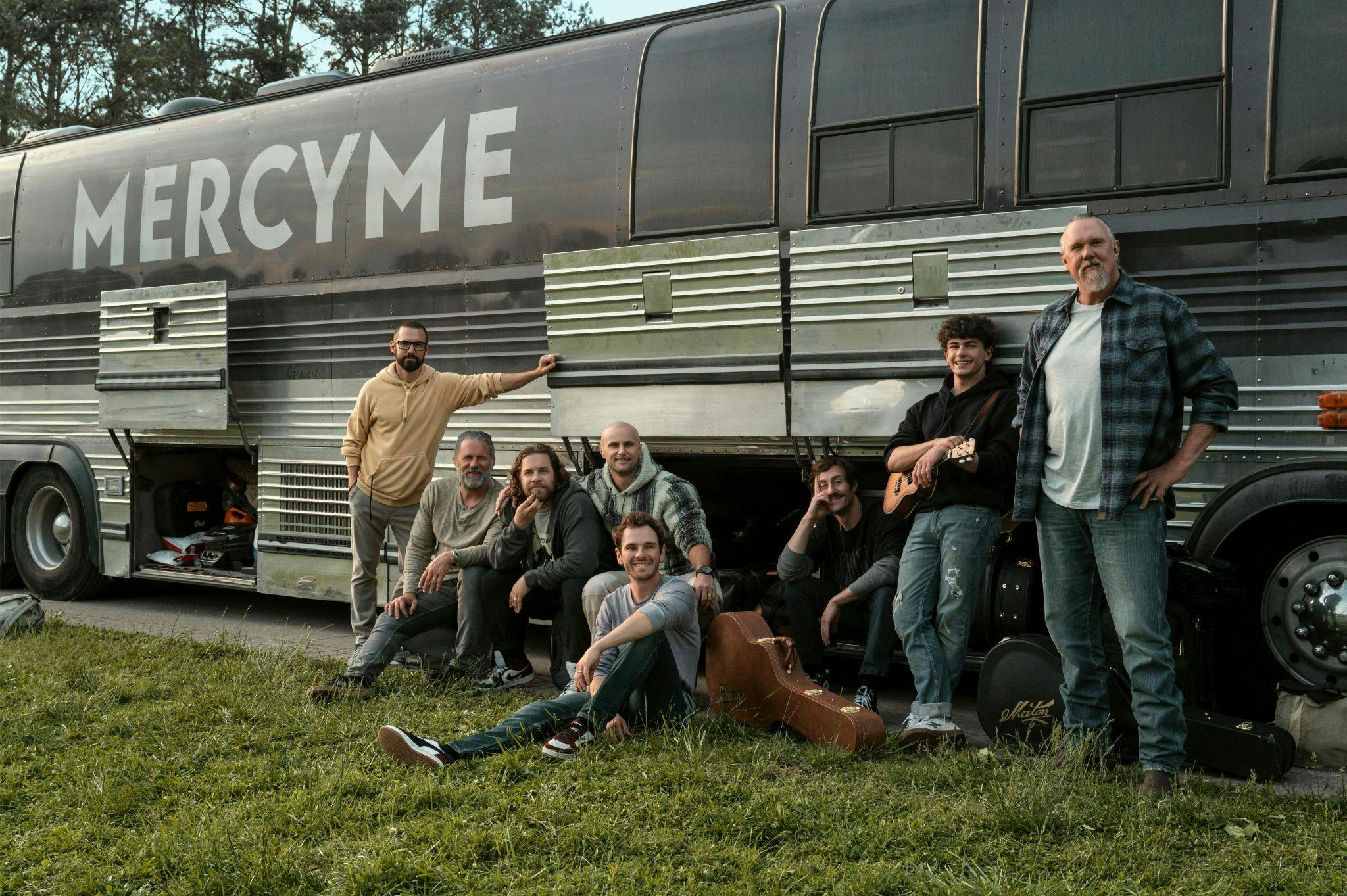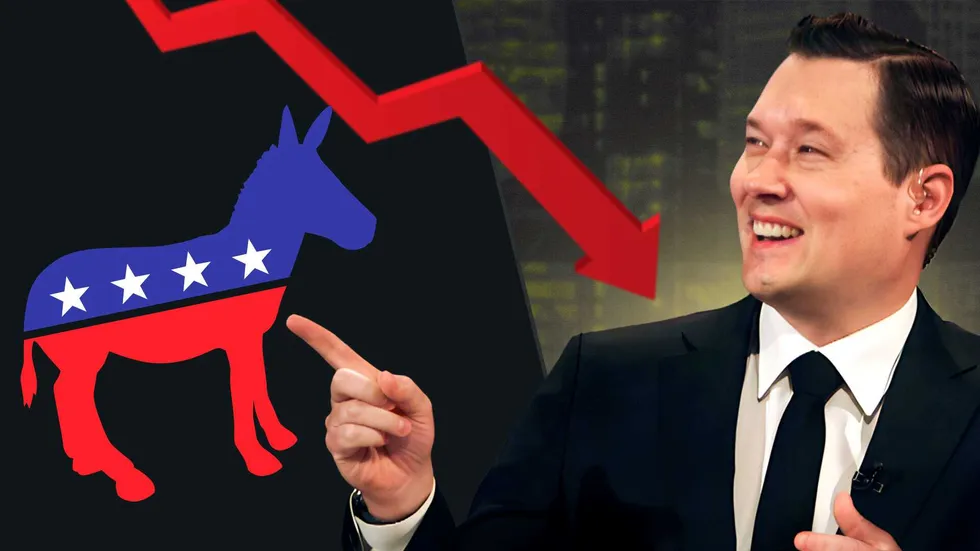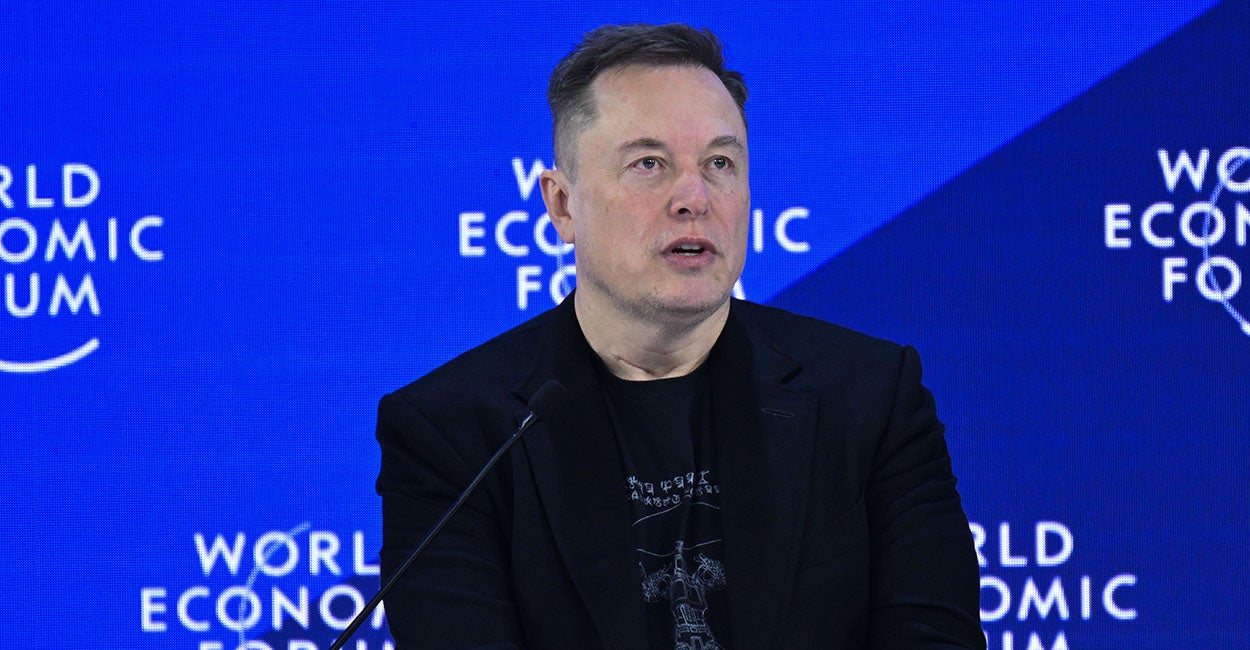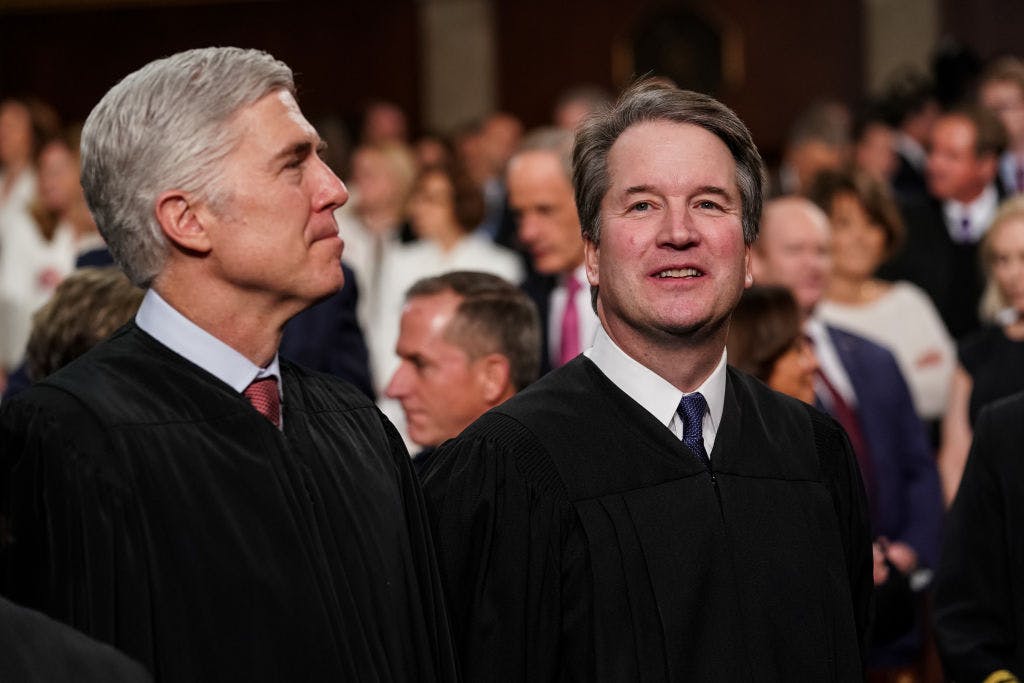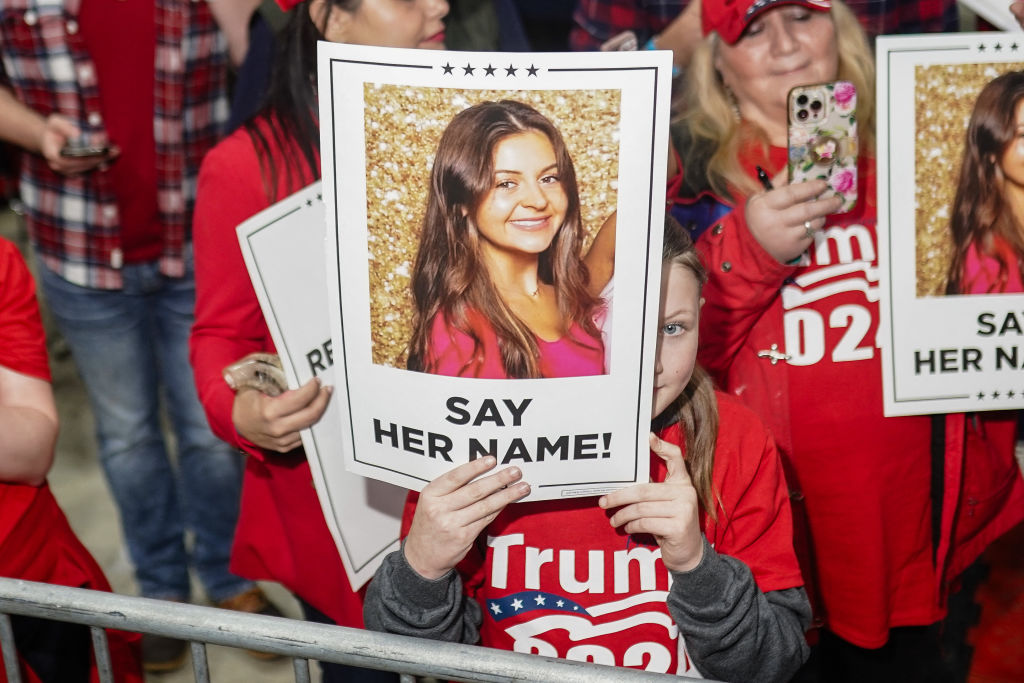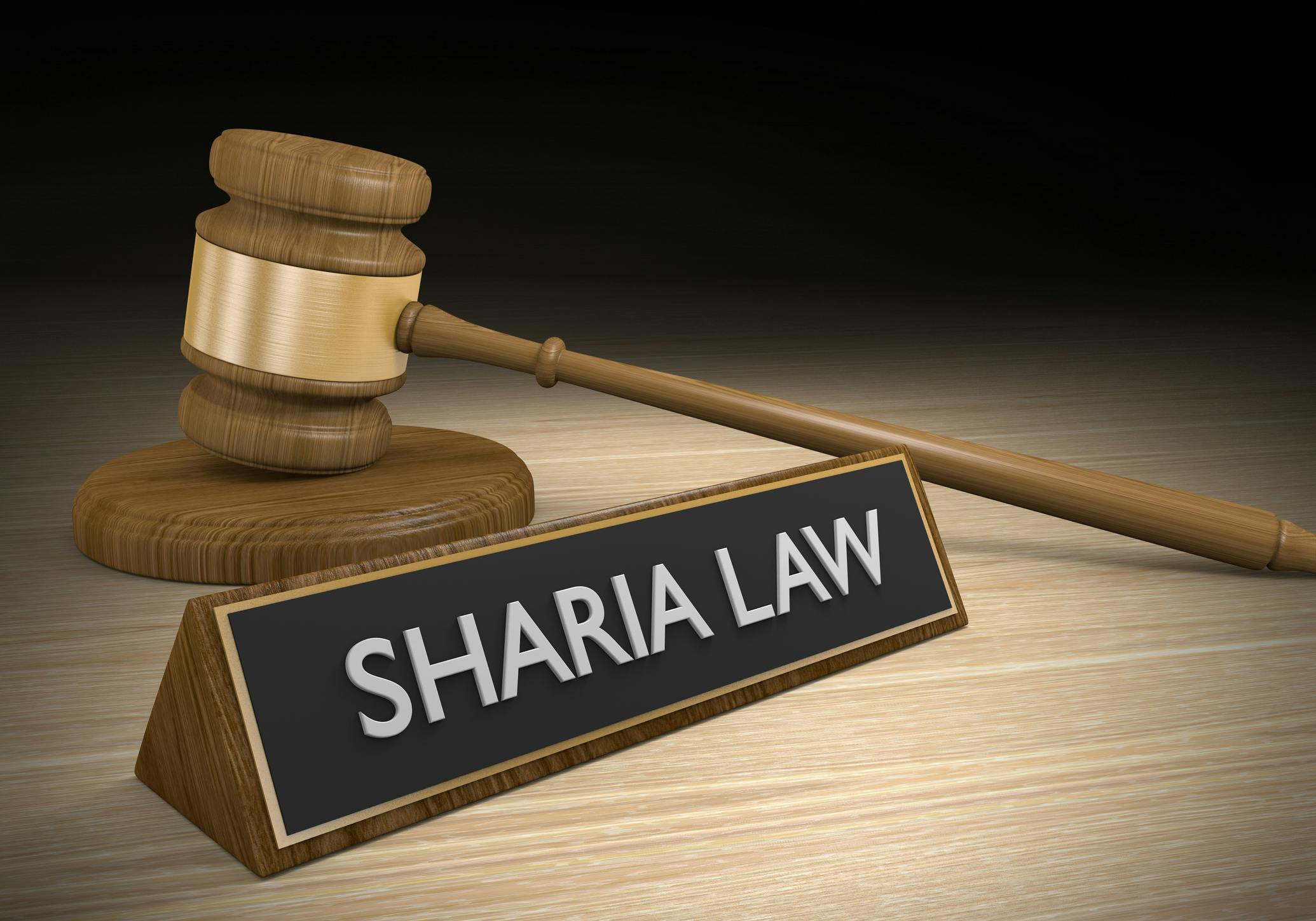Cracker Barrel Didn’t Go Woke With Its Rebrand, They Were Conned By ‘Experts.’
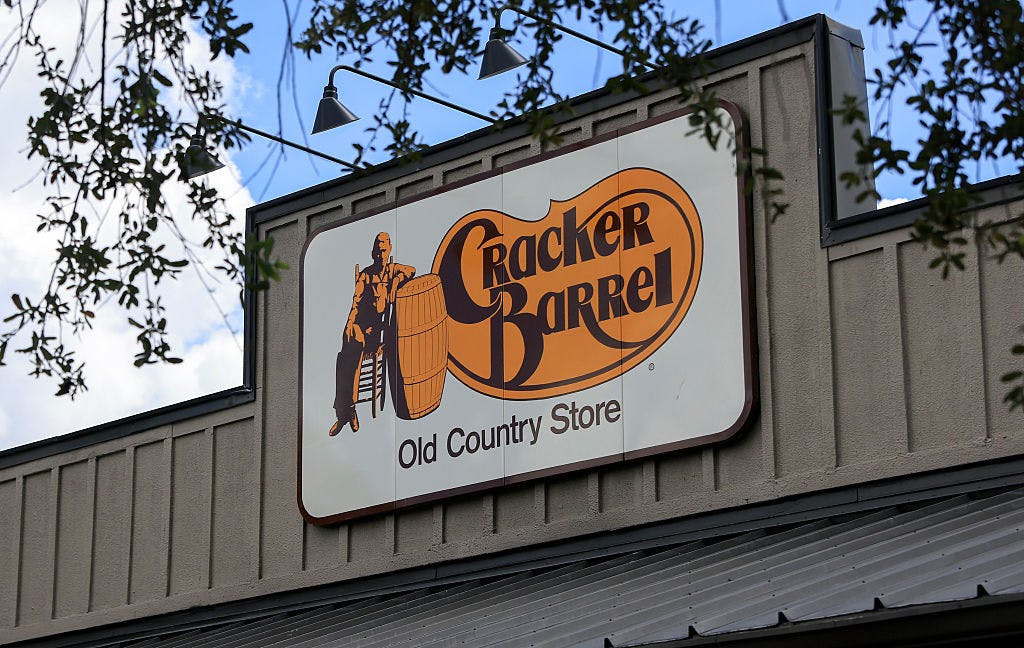
Cracker Barrel, founded in 1969 by the late Dan Evins, came to symbolize American heritage. The original logo of an elderly gentleman sitting on a chair while leaning against a barrel epitomized that heritage. By removing the nostalgic imagery, the company seemingly put the final nail in the coffin of a treasured piece of Americana.
Live Your Best Retirement
Fun • Funds • Fitness • Freedom
When current CEO Julie Felss Masino — who previously served as president of Mattel and Taco Bell — announced the logo change, she explained that her goal was to get Cracker Barrel out of people’s “rearview mirror” and to “make sure that it was something that really resonates with everybody of today and for tomorrow.” On paper, that may seem like a good idea, especially as the company is facing declining sales and trying to appeal to a younger demographic. In practice, it’s been an absolute disaster that has cost the company $200 million in market value.
It would be too easy to chalk up Cracker Barrel’s mistake as just another company gone woke. But the truth seems to be more complicated than that. As Andrew Beck, founding partner of brand consultancy Beck & Stone, said during an email interview with The Daily Wire, Masino’s flub was likely the result of heeding bad advice.
“She clearly values the brand and the customer’s feelings about it,” he said. “I do not think her insights are wrong—but I highly suspect the ‘outside help’ she describes as being brought in advised her team to turn left to ‘modern’ instead of right to ‘nostalgia’ at the fork in the road that every company must: what do we keep, what do we kick?”
Beck added, “It takes deep cultural understanding and tactical skill to actualize such an insight, and when I see who was tasked with the redesign—the firm ‘Prophet’—who tattoos their progressive cultural values on their sleeve, I just can’t see them sharing the Cracker Barrel cultural context enough to execute Julie’s vision skillfully.”
End of Summer Sale – Get 40% off New DailyWire+ Annual Memberships
That disconnect is not unique to Cracker Barrel. In fact, it fits a growing pattern. Companies chasing sleek, modern branding often leave their loyal customer bases behind. It’s enough to inspire eye rolls whenever a company strips its logo of personality to introduce a slick, minimalist iteration that’s easily lost amongst a sea of similar corporate logos.
“It is a byproduct of a general decline of the customer experience in the Western world for these middle market service companies,” Beck explained. “These rebrands are meant to signal a positive change, but because of the lack of imagination and ingenuity on the part of their consultants who are supposed to be ‘experts’ on these matters, the sanitized, sterile aesthetics of their environments and communications become reminders to the customer that the company’s better days are behind it.”
This is especially true for a brand like Cracker Barrel, whose entire identity is built on nostalgia and authenticity. Strip those away, and what remains?
“As I tell our corporate with legacy American brands. ‘Be who you are. If you are American, be American.’ Problems arise when those being relied on to advise the company do not value their client’s heritage,” Beck said. “Often these are folks who come in and want to impose their own vision on a brand, rather than taking up the company’s historic values as their own. It is difficult to not see ideological influence in these decisions,” the strategist said.
For longtime employees, the decline has been obvious. Erik Russell worked for nearly a decade at Cracker Barrel. He says he did every job in the restaurant and even met his wife there. To him, it was more than just a place to work, and he said the customers felt the same way.
“Cracker Barrel was more than a restaurant to them, it was home. A place where they felt they still belonged, even as the world changed around them,” Russell told media personality Benny Johnson in an interview.
EXCLUSIVE: Cracker Barrel Insider Breaks Silence on the Woke Destruction of an American Institution
Erik Russell spent nearly 10 years working at Cracker Barrel. He’s done every job in the restaurant. Erik even met his wife there. To Erik, Cracker Barrel was a place where… pic.twitter.com/YDolLTs3dW
— Benny Johnson (@bennyjohnson) August 21, 2025
But Russell says the business he once loved unraveled after leadership changes. He described how small changes added up to something big, like when brown menus were replaced, uniforms got more relaxed, and alcohol was introduced despite the founders’ conviction that staying dry preserved the family atmosphere.
“The logo and store redesign is simply the last step in total brand destruction by corporate vandals who seemed to despise the Cracker Barrel core culture,” Erik said.
He said the antiques on the wall were once curated from estate sales to reflect real Americana, but the remodeled stores are using generic reproductions instead.
“I felt like I was part of something truly American, full of nostalgia and tradition. Now all of that’s being torn down and replaced with just another bland, soulless corporate chain,” he said.
That sense of loss goes beyond new décor. It’s about what Cracker Barrel symbolized for countless Americans. “Cracker Barrel built up decades of goodwill across the country,” Russell continued. “We often referred to ourselves as ‘America’s front porch’ after the iconic long storefront filled with rocking chairs and checkerboards where guests would wait to be seated. Each store I worked in felt slightly different, a reflection of their communities.”
For Beck, the lesson here is for businesses not to confuse modernity with progress. “All management is change management. A business must deal with change constantly. What is valuable and what is not? Misidentifying those value propositions, often because of a cultural blindspot on the part of brand ‘experts’ is often at the heart of the failure to manage change,” he said.
When asked if he thinks Cracker Barrel is having a “Bud Light moment,” Beck disagreed, saying the better comparison is Jaguar.
The legacy car brand recently rebranded with an ultra-modern, futuristic aesthetic and was mocked mercilessly for it.
“Bud Light became a meme based on a single can,” he said. “The larger business itself was strong and remains so. Jaguar was a disaster from a business POV. A struggling company with a storied brand but neglected product going through big changes jumping the shark, sealing a fate that was not inevitable, rather than changing it.”
“I fear this is another Jaguar unless there is a course correction on the aesthetics and communications across the board,” Beck said. “Right now it is only confirming what the customer base already feared was happening, not exciting them at the prospect of a revived product. I have high hopes that Julie Masino, who has a good relationship with her board, sees this and will do what needs to be done.”
For now, the “America’s front porch” that Erik loved looks more like just another franchise trying to appease consultants instead of remaining a place where families gather to make memories. The food is different, the atmosphere sterile, and the iconic logo is gone.
What made Cracker Barrel special is slipping away, and the backlash from customers is proof. The irony is that in desperately trying to get out of America’s “rearview mirror,” Cracker Barrel may have veered straight into a ditch.
Originally Published at Daily Wire, Daily Signal, or The Blaze
What's Your Reaction?
 Like
0
Like
0
 Dislike
0
Dislike
0
 Love
0
Love
0
 Funny
0
Funny
0
 Angry
0
Angry
0
 Sad
0
Sad
0
 Wow
0
Wow
0


